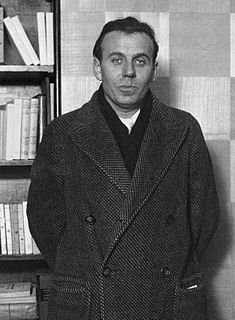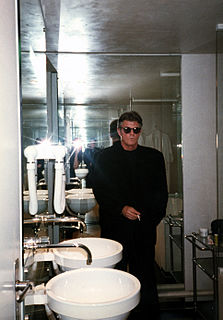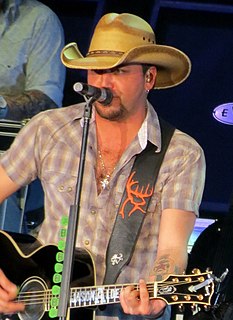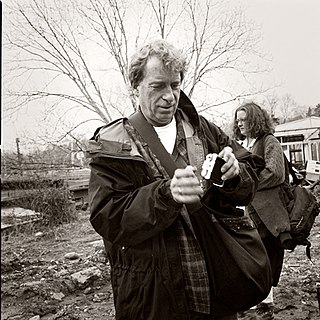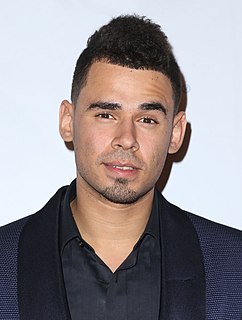A Quote by Marcel Duchamp
Why are all the artists so dead-set on distorting? It seems to be a reaction against photography, but I'm not sure.
Related Quotes
I think there will be a reaction - a reaction will set in against this communal dissociation. You know, man doesn't stand forever, his nullification. Once, there will be a reaction, and I see it setting in, you know, when I think of my patients, they all seek their own existence and to assure their existence against that complete atomization into nothingness or into meaninglessness. Man cannot stand a meaningless life.
I teach a graduate photo seminar at Yale, and I sometimes feel so overwhelmed by the task the students set before themselves to be artists, because - it seems so quaint, but when I picked up a camera with a group of other women, I'm not gonna say it was a radical act, but we were certainly doing it in some sort of defiance of, or reaction to, a male-dominated world of painting.
The traditional difficulty of balancing the mechanical with the imaginative schools of photography still operates. In schools of photography meaningful art education is often lacking and on the strength of their technical ability alone students, deprived of a richer artistic training, are sent forth inculcated with the belief that they are creative photographers and artists. It is yet a fact that today, as in the past, the most inspiring and provocative works in photography come as much (and probably more) from those who are in the first place artists.
Only recently serious research into the relationship between photography and art has taken place. Why has it been so long in coming ? In some respects historical research is analogous with that of science. The bringing to light of factual material and the development of ideas is to a large extent cumulative. But when artists themselves were, from about 1910, beginning to tear down the bastions protecting Art in its ivory tower, questioning the idea of Art with a capital 'A', photography was inevitably to assume a new stature both in the eyes of artists and the public, too.
The invention of photography has dealt a mortal blow to the old modes of expression, in painting as well as in poetry, where automatic writing, which appeared at the end of the nineteenth century, is a true photography of thought. Since a blind instrument now assured artists of achieving the aim they had set themselves up to that time, they now aspired, not without recklessness, to break with the imitation of appearances.
My background is in painting but in school in the sixties, like many artists of that time, I believed that painting was dead. I began to work in collaboration with other artists in the creation of performances and installation works. Soon after, I started making video and photographic works and in the process became fascinated with the media itself. Before long I was setting things up just for the camera. In l970 I got a dog and he turned out to be very interested in video and photography as well.



